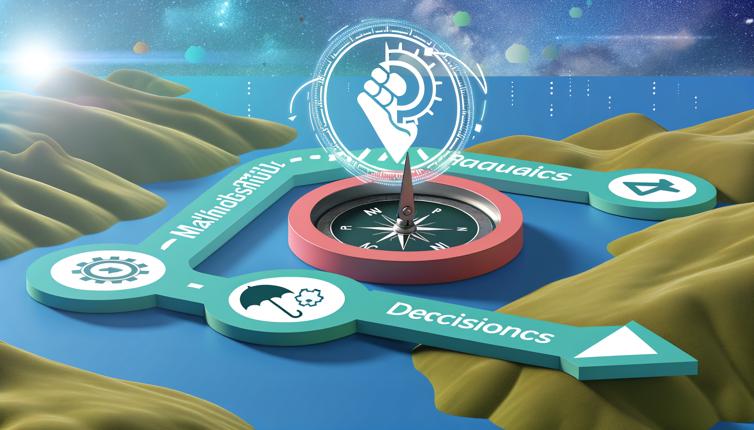Artificial Intelligence
Artificial intelligence (AI) is one of the most impactful technologies in the insurance industry. It can be used to automate various processes, such as underwriting and claims processing, reducing manual work and increasing efficiency.,AI-powered chatbots are also becoming popular, enabling insurance companies to provide instant customer support and personalized recommendations. Machine learning algorithms can analyze vast amounts of data to identify patterns and trends, helping insurers make more accurate risk assessments.,Additionally, AI can improve fraud detection by analyzing data for suspicious activities and flagging potential fraudulent claims. This technology has the potential to save insurers significant amounts of money by reducing fraud losses.
Blockchain
Blockchain technology has the potential to transform the insurance industry by providing secure and transparent record-keeping and transaction processing.,Smart contracts, powered by blockchain, can automate policy management and claims processing, ensuring faster and more accurate settlements. The decentralized nature of blockchain also makes it difficult for hackers to manipulate or tamper with insurance records, enhancing data security.,Furthermore, blockchain can enable new insurance models, such as peer-to-peer insurance, where individuals can directly interact and share risks without the need for traditional intermediaries.,Overall, blockchain technology has the potential to streamline operations, reduce fraud, and improve trust and transparency within the insurance industry.
Internet of Things (IoT)
The Internet of Things (IoT) is another technology that is transforming the insurance industry. IoT devices, such as connected cars and smart homes, generate vast amounts of data that can be used by insurers to assess risks and offer personalized policies.,For example, telematics devices installed in vehicles can collect data on driving behavior, allowing insurers to offer usage-based insurance and reward safe drivers with lower premiums.,Similarly, smart home devices can detect and prevent accidents, such as fire or water damage, reducing insurance claims and premiums. Insurers can also offer policies that incentivize the use of IoT devices for risk mitigation.,IoT technology has the potential to revolutionize the insurance industry by shifting the focus from reactive coverage to proactive risk prevention and management.
Conclusion
New technologies, such as artificial intelligence, blockchain, and the Internet of Things, are reshaping the insurance industry. These advancements have the potential to streamline processes, improve efficiency, reduce fraud, and provide more personalized and proactive insurance services to customers.









